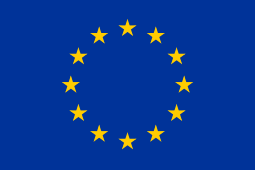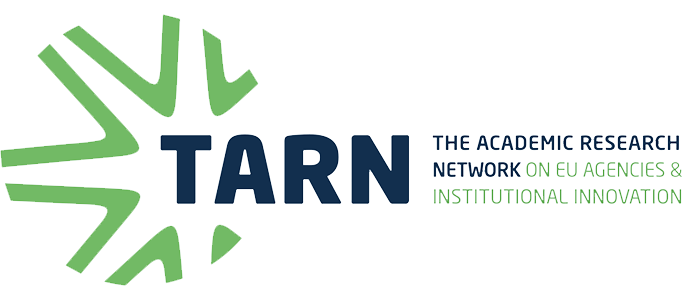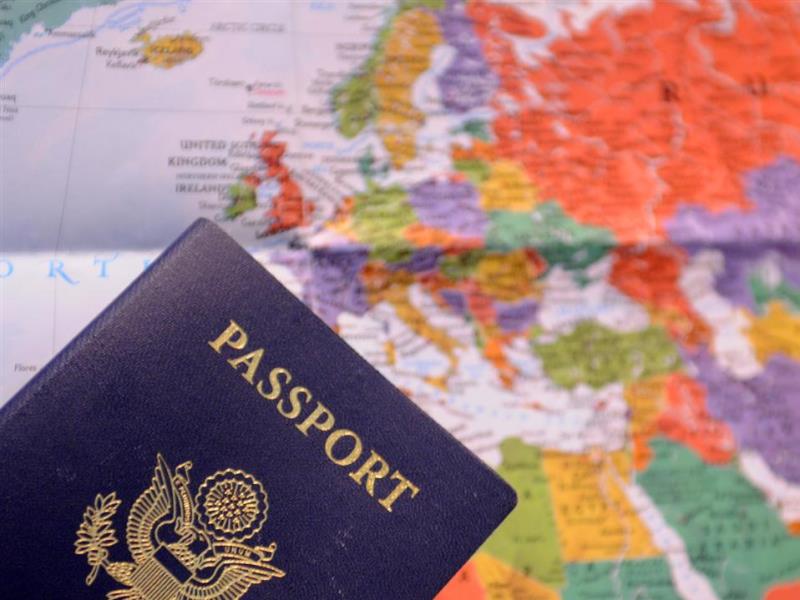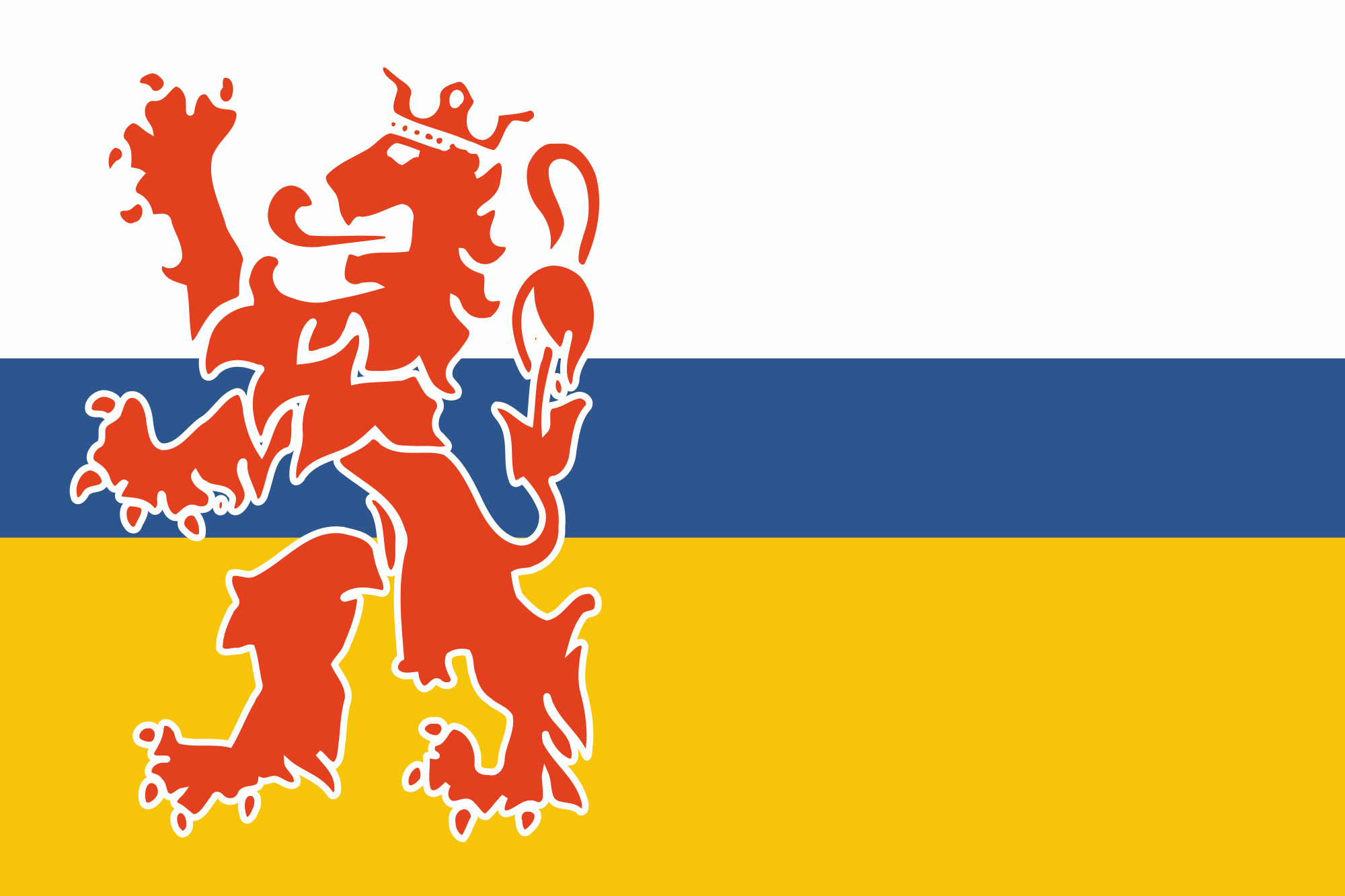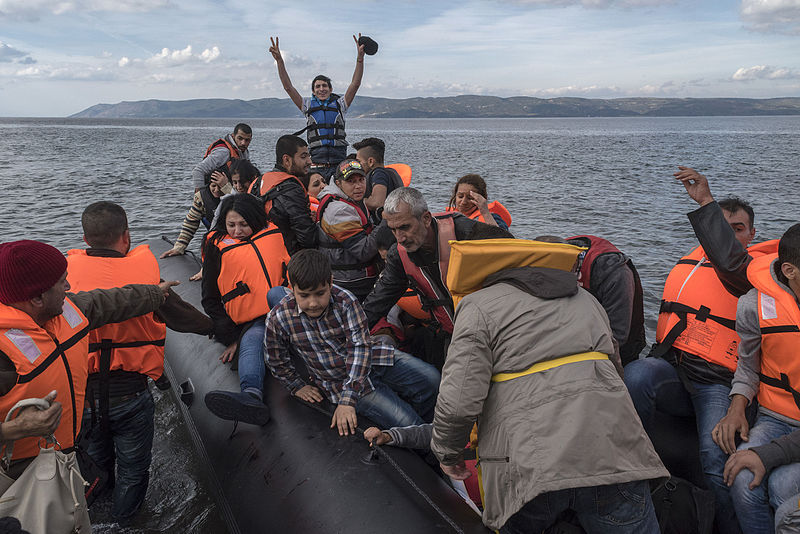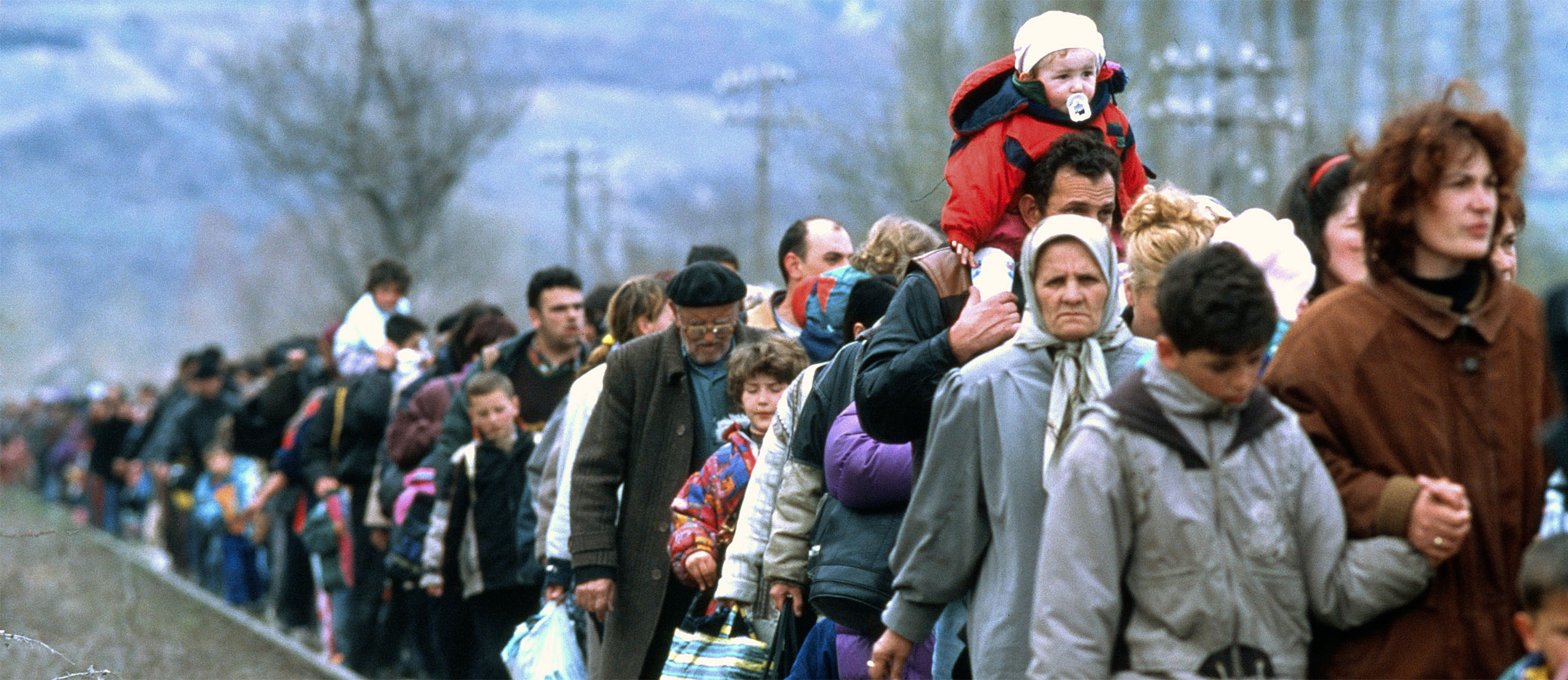Latest blog articles
-
The European Union (EU) and Turkey have a long and multifaceted relationship. In this entry (based on a recent longer analysis) we focus on Turkey’s involvement with the EU’s decentralised agencies, and more particularly on whether and to what extent this involvement can be viewed as a part of a...
-
The Boards of Appeal established for the decision-making agencies perform a function that lies between exercising administrative review, at the one end, and offering judicial review, at the other. It is still unclear in which direction they will ultimately move, and more research in this fast...
-
by Trym Nohr Fjørtoft
In 2015, many European states experienced a massive influx of migrants and refugees seeking protection within their borders. The European Refugee crisis was a crisis in many respects—first and foremost for the people forced to flee their homes, but also for the institution... -
EU agencies are now at the forefront of policy implementation in EU’s migration, asylum and external border control policies for two primary reasons: to overcome the policy implementation gap and enhance interstate solidarity.
-
When the three main institutions adopted the Common Approach on EU Decentralised Agencies in 2012 one of the few innovative elements in this otherwise disappointing non-binding interinstitutional agreement were the provisions dedicated to the selection of the seat of EU agencies. As many EU-watchers...
-
The internationalisation of higher education (IoHE) relates to sensitive topics of public concern. Considering the ongoing debate in the Netherlands regarding the challenges related to the internationalisation of higher education, it is time to take a step back and remember the many benefits as...
-
The aim of this contribution is to assess what has been achieved since the adoption of the 1986 Limburg Principles on the Implementation of the International Covenant on Economic, Social and Cultural Rights for the realisation of these human rights.
-
-
It took quite a while before the European countries realized and recognized that the influx from asylum-seekers via the Mediterranean Sea and Turkey into the European Union is not just a matter of controlling the outside borders of the Union, but also a humanitarian and human rights issue. Some...
-
I am sure you have heard that the Bulgarian government built a fence on the Bulgarian – Turkish border and that the ‘refugee crisis’ put the national asylum system to the test. What about the Bulgarian integration policies? Did you know that currently refugees in Bulgaria face ‘zero’ integration...
